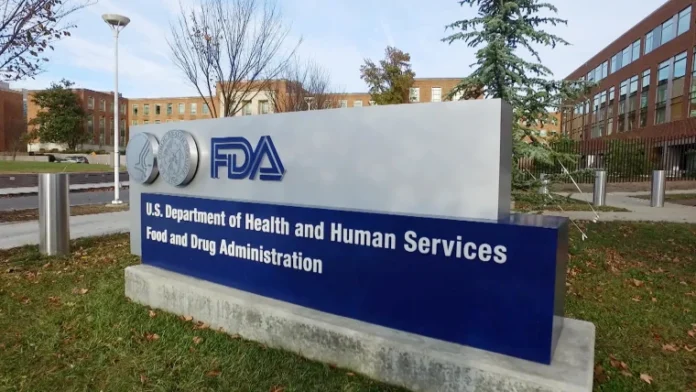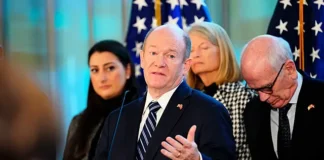The U.S. Food and Drug Administration is increasing scrutiny of imports of GLP-1 drug ingredients, used to treat diabetes and support weight loss, amid concerns that some products may be adulterated or unsafe.
The move targets unapproved compounded drugs, which have surged in use during shortages of patented treatments from companies such as Novo Nordisk and Eli Lilly.
The FDA cited serious concerns with compounded weight-loss drugs, including dosing errors, use of unapproved salt forms, and adverse side effects, some requiring hospitalization.
To address these risks, the agency issued an import alert authorizing detention without physical examination at U.S. ports.
This allows authorities to hold shipments that appear non-compliant until importers provide proof of quality and regulatory compliance.
An evaluation of 48 manufacturing sites outside the U.S. found 21 percent to be non-compliant.
The FDA will also maintain a “green list” of companies and products that have resolved compliance issues, allowing them to avoid automatic detention. Approved sources include firms in Belgium, Canada, China, and India.
Experts say the FDA’s measures could reshape the GLP-1 compounding market.
Marta Wosinska, senior fellow at the Brookings Institution, noted that compliant suppliers may gain an advantage, but pricing and availability could affect how the market adapts.
The heightened oversight underscores concerns about the safety and quality of rapidly expanding weight-loss drug alternatives.



















